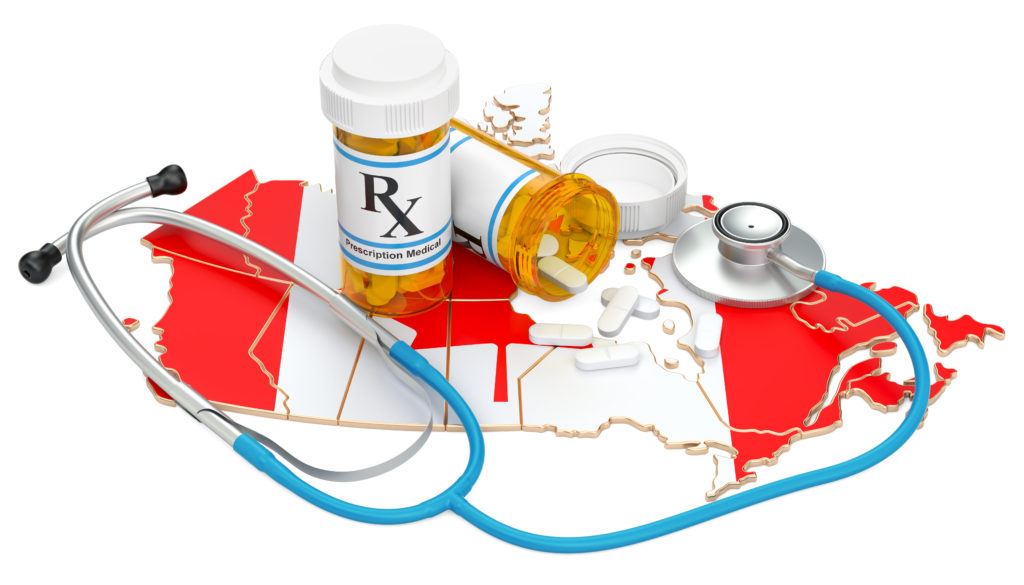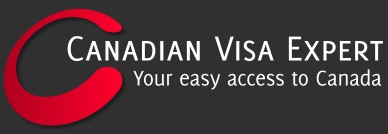Canadian Health Care
One of the benefits of Canadian permanent residency and citizenship is receiving universal health care in the province or territory where you live in Canada.
The universal health care system in Canada is paid for with taxes, administered by each Canadian province or territory, and available to all citizens and permanent residents of Canada.
After you immigrate to Canada as a new permanent resident, one of the first things you should do is to apply for a Canadian public health insurance card (i.e., a “Health Card” or “Care Card”) with the province or territory where you are residing.
Some Canadian provinces or territories have a waiting period for new immigrants to receive universal health care which might be as much as 90 days, so you should find out if the province or territory where you will be living in Canada has such a waiting period and if so, how long it is.
You should also learn about what the public health care plan of a particular province or territory covers, because each plan is different in Canada.
When you visit your doctor or other health care professional, you will need to show your Health Card or Care Card.

Canada’s universal health care generally covers the majority of health care services, including emergency medical care.
Most dental care, however, is not covered by Canada’s universal health care.
Many people living in Canada choose to pay for supplementary private health care insurance in order to cover dental care, ambulance services, prescription medication, and prescription eyeglasses.
Some employers in Canada will provide their employees with additional health care coverage beyond what is offered by the public health care system, so you may want to check with your Canadian employer about this.
If you need to visit a family doctor (i.e., a general practitioner) for non-emergency care, simply make an appointment and be sure to bring your Health Card.
In the event that you need to visit a specialist physician, your family doctor can make a referral.
Medication that is given while you are in the hospital in Canada is generally free, but if you need medication from a pharmacy, you will need to pay for it, unless it is covered by an additional health insurance plan.
Some people living in Canada do not have a family doctor, so they can visit a walk-in clinic for non-emergency care and see the first available physician.
It is important to know that you can receive emergency medical services for free in Canadian hospitals, but you will normally have to pay for an ambulance if one is needed (additional private health care insurance will often pay for an ambulance).
The telephone number to dial if you need emergency care in Canada (as well as the United States) is 9-1-1.
It should be noted that the average life expectancy for a person living in Canada is about 82.5 years, which is one of the highest in the world.
Living in a prosperous country with universal health care and an overall high standard of living like Canada partly explains the long average life expectancy of Canadians.
Canada is also one of the top 10 most peaceful countries, according to the Global Peace Index, and this also plays a role in Canadians generally living long lives.
Would you and your family like to live in Canada as permanent residents and receive universal health care and other benefits?
Since 2012, Canadian Visa Expert has been collaborating with authorized immigration consultants who can provide you with an Eligibility Evaluation of your options for immigration to Canada and also guide you through the application process if you qualify.
DISCLAIMER: This guide is not and shall not be considered as professional or expert advice.
